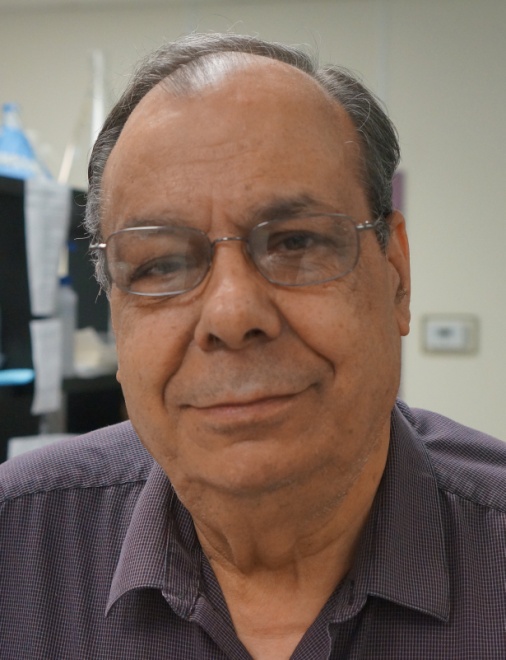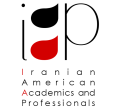Where: Montgomery Community College (Rockville Campus) – Humanity Building (HU), Conference Room 009 (Get Directions, Campus Map )
Language: Farsi

Synopsis:
HAAH, the target of this drug, is over-expressed specifically on the surface of cancer cells. It is an embryonic protein that is demonstrated to be responsible for cancer etiology: cell proliferation, motility and invasiveness. When normal cells are transfected to over-express HAAH, they behave as cancer cells and when HAAH is neutralized or its expression is inhibited, cancer cells become normal. Anti-HAAH antibodies inhibit cancer cells’ growth, motility and invasiveness, and inhibit tumor growth. The company has developed a novel anticancer nanoparticle vaccine in which the N-terminal or C-terminal thirds of HAAH are expressed on a bacterial virus. They are UV irradiated to render the virus non-self replicating, hence a nanoparticle. The vaccines have demonstrated strong tumor growth inhibition in animals (90%). Moreover, they have increased the survival in breast cancer mouse models from 12.5% in control animals to 100% and have reduced metastasis from breast to lung significantly (up to 80%). Panacea has developed an HAAH-based serum test that could be used as a companion diagnostic. We plan to begin human clinical studies in early 2015.
About the Speaker:
Hossein A. Ghanbari, Ph. D., is co-founder of Panacea Pharmaceuticals and serves as its Chief Executive Officer, Chief Scientific Officer, and Chairman of the Board. The company has developed tests for prostate cancer, breast cancer, lung cancer, and colorectal cancer. The lung cancer test was selected as a Top 10 Medical Breakthrough by Time magazine. Panacea has three preclinical drug candidates for cancer and one for treating neural damage and neurodegeneration. At Abbott Laboratories in Chicago, Dr. Ghanbari developed several pharmaceuticals including Leupron (for prostate cancer) and Survanta (for respiratory distress syndrome), along with the first ever commercialized diagnostic test for Alzheimer’s disease. Dr. Ghanbari was inducted into the prestigious honorary organization, the Volwiler Society. He held professorships at Pennsylvania State University, University of Florida, and Arya-Mehr University of Technology. He was also on the academic staff of The George Washington University School of Medicine and Health Sciences as an Adjunct Professor. Dr. Ghanbari serves as a Board member of the Gastric Cancer Foundation. He received his bachelor of sciences degree, with distinction, from the American University in Beirut, and his doctorate degree in Biochemistry from Pennsylvania State University, has authored over 60 peer reviewed publications, and is an inventor on over 60 patents and patent applications.
Fee (including dinner): $5 Students, $15 Public
Please click here to RSVP.

One comment on «Lecture 79: Atusa, Panacea’s Cancer Therapeutic Vaccine: From Target Discovery to Human Clinical Trials»
Comments are closed.